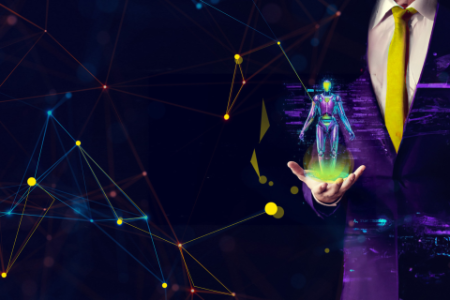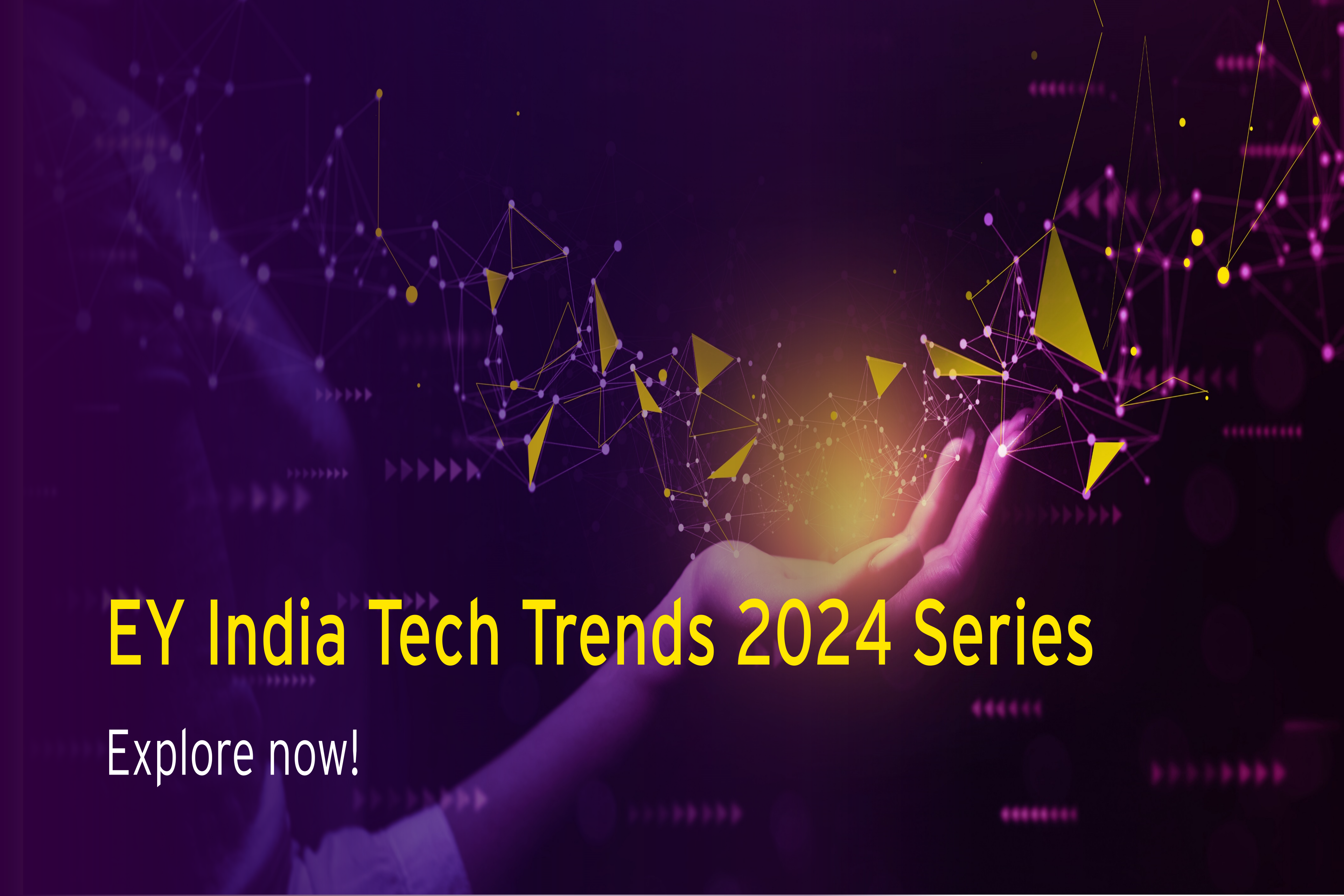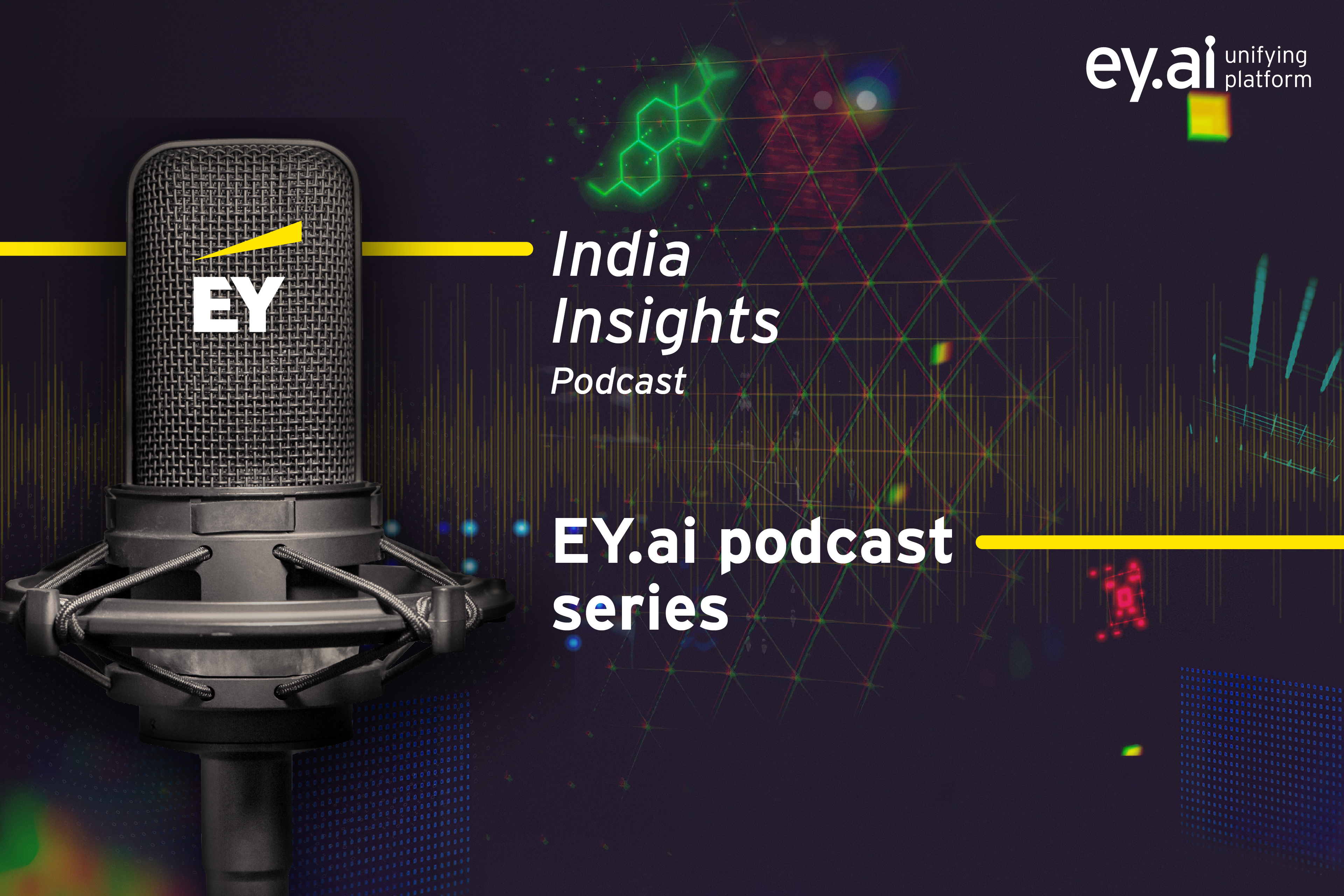Requirement planning: GenAI tools, exemplified by various applications, exhibit the capacity to analyze copious amounts of data, including customer requests, market trends, and user feedback. These tools can generate user stories based on requirements, propose ideas for prototype/application design, and outline high-level architecture diagrams. Additionally, they can recommend suitable technologies based on specified constraints, such as performance, scalability, security, and best practices.
Developer productivity: Code development marks the arena where GenAI is taking remarkable strides. There are platforms that are transforming the software creation process, treating computer languages as just another form of language. These tools draft code based on contextual cues from input code or natural language, enabling faster and smoother coding with reduced friction. Code generators are adept at swiftly producing code for routine tasks, saving developers a considerable amount of time, and allowing them to focus on more intricate tasks. By 2025, according to Gartner estimates, 80% of the software development life cycle will involve GenAI code generation, enhancing developer productivity up to 75% in various use cases.
DevOps: From automation of testing and deployment to resource management and security enhancement, AI is reshaping the current process. Leveraging historical code changes, GenAI identifies patterns, detects potential issues, and offers intelligent recommendations for automated testing and deployment, thereby streamlining the development pipeline. AI-integrated next-generation ChatOps (interaction systems to communicate with bots and perform instructions for deployment, monitoring, and incident response) will not only detect anomalies but also generate optimal solutions based on historical data and real-time insights.
Enterprise-grade machine learning applications, which took 6 to 12 months to deploy, can now be operational in a matter of weeks, significantly reducing development costs. GenAI tools that can also generate deployment scripts - currently in the pilot phase - will significantly reduce development time and costs. GenAI can also generate infrastructure as code scripts based on natural language queries for high-level infrastructure requirements and can generate workflow configuration files that can specify the settings and parameters of various applications.
Workload optimization: GenAI can excel in cloud resources workload optimization. By analyzing historical data and predicting resource needs, it generates actionable recommendations that optimize resource allocation, enhancing performance resources. The tools also recommend cost-cutting strategies like downsizing instances, adjusting auto-scaling, and utilizing reserved instances for optimal spending. Predictive AI allows the team to address potential issues before they impact the users, enhancing overall reliability. Cloud Service Providers (CSPs) are now integrating GenAI capabilities to their existing set of services where operations can query large data sets or logs using natural language.
While GenAI and software development form a synergistic partnership, it is essential to recognize that AI cannot function autonomously. At present, AI draws its power from the data it processes, lacking the touch of human intelligence. Moreover, issues such as hallucinated responses and biased outputs underscore the need to address data privacy concerns. As regulations in this sector evolve, these challenges are expected to be mitigated.
Despite these challenges, the potential benefits of GenAI are undeniable. Through accelerated coding, automation, and performance optimization, AI can transform the software development industry, pushing the boundaries of innovation and efficiency.
As many tools have displayed, GenAI can transform key areas of software development and, the challenges notwithstanding, undeniably offer benefits such as higher efficiency and innovation. Enterprise software engineers are expected to increasingly adopt AI. The synergy between GenAI and software development is reshaping the industry, pushing boundaries, and driving digital transformation, even as the regulatory framework evolves.





